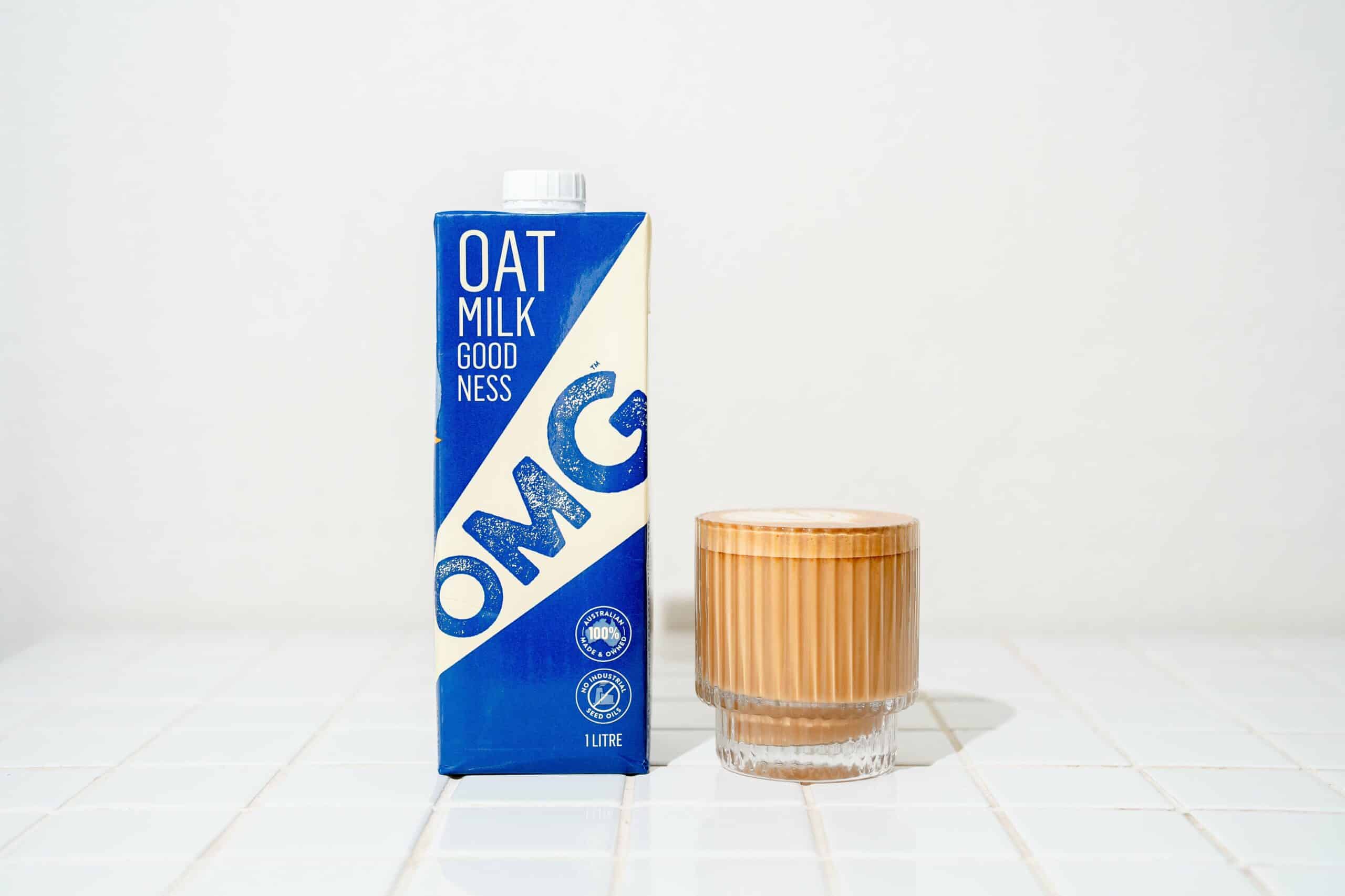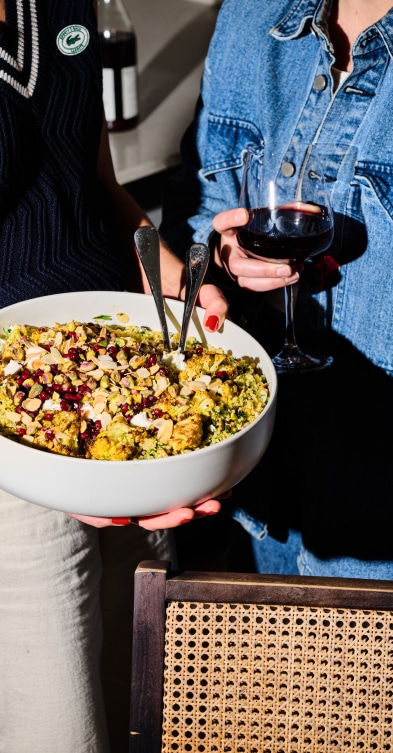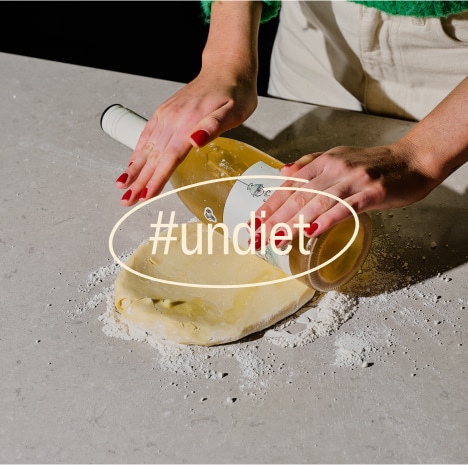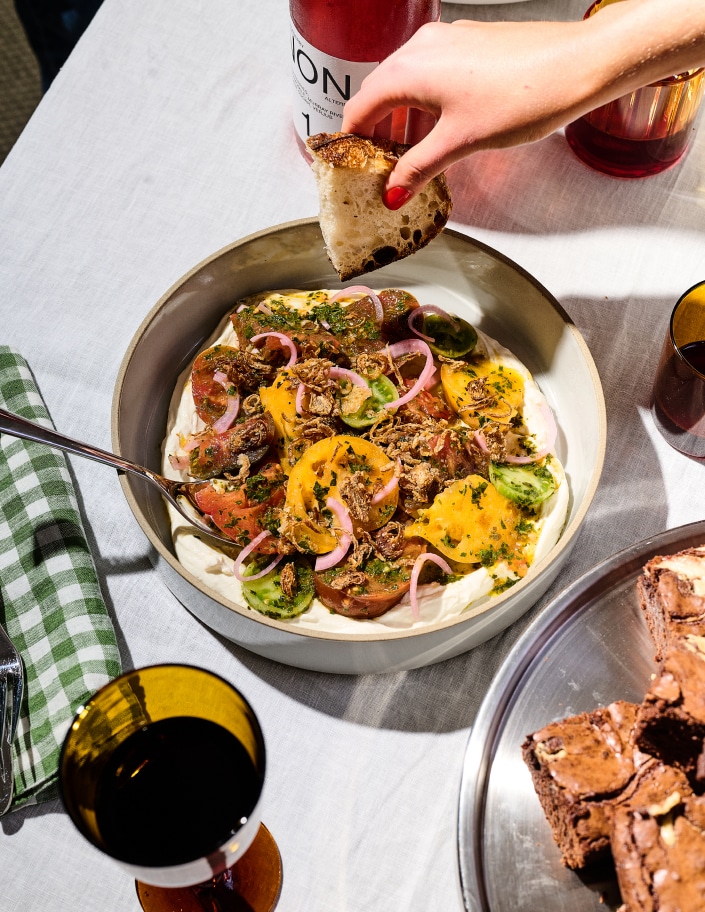WellnessIt’s hard to imagine any social event or occasion that doesn’t involve the statutory toast. Whilst I am partial to an afternoon aperitif, I am also aware of the fact that I don’t process a Negroni the way I used to! As a Nutritionist, it may shock you that I have never, nor ever intend to be alcohol free. Rather, I have employed some strategies over the years in clinical practice that embrace a more balanced approach to consumption. Combining an equal mix of feel good folklore and evidence based science – Here are my recommendations for preventing a hangover:
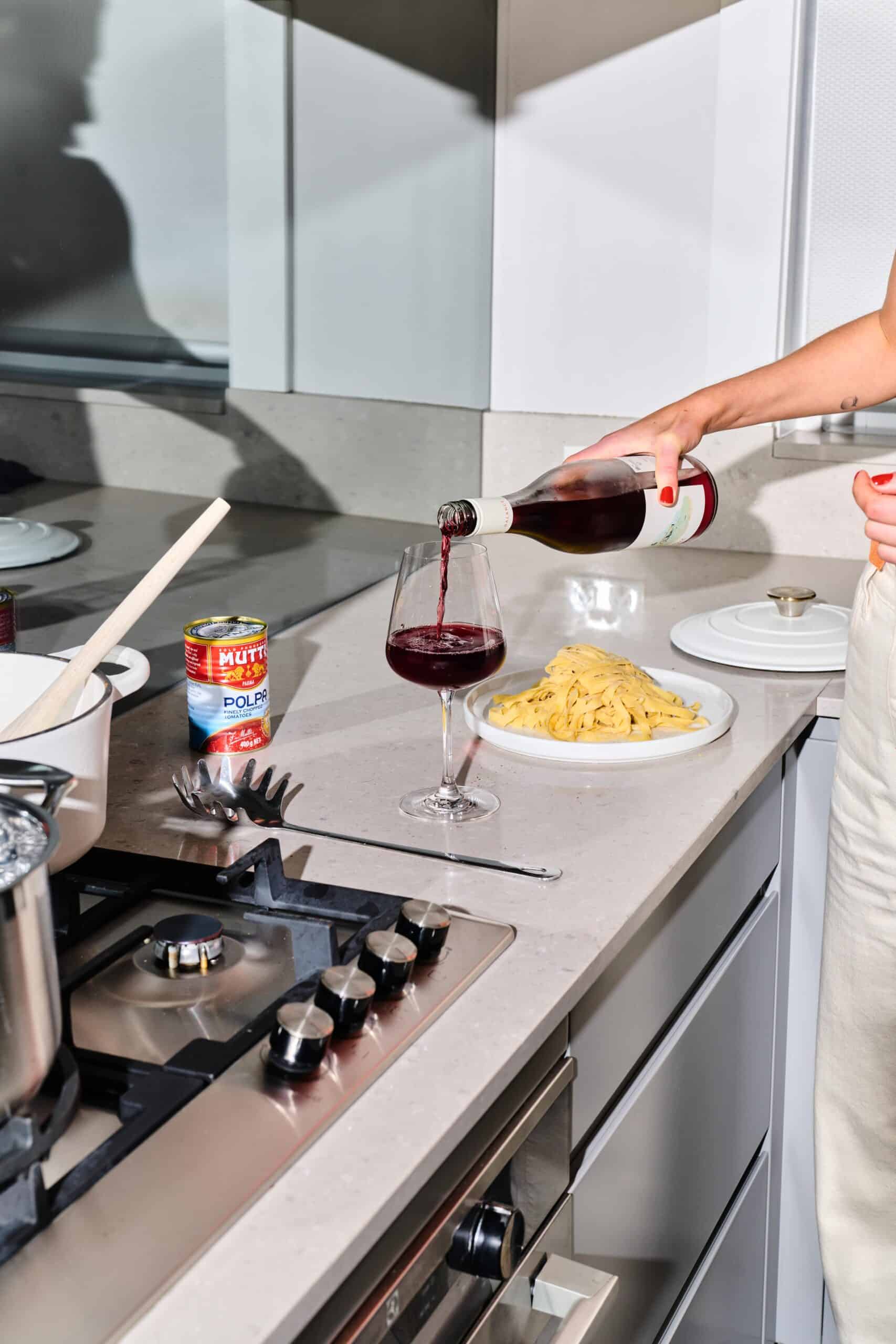

CHOOSE YOUR POISON
First and foremost – When we consume alcohol, it is absorbed from our digestive tract into the blood to begin the process of breaking down. Our liver then creates enzymes to break apart the molecules in order to eliminate them from the body. The resulting byproducts are both highly toxic and known carcinogens.
The best options are:
- Preservative free or organic/natural red wines are higher in antioxidants and may prevent any headache, bloating or flushing associated with additives/sulphites.
- Clear spirits (vodka, tequila and gin) are lower in congeners – a toxic byproduct that can aggravate hangovers.
- Amaro’s (Aperol, Campari and dry vermouth) tend to be lower in alcohol and have an added health benefit – They are traditionally consumed due to their bitter quality to help promote digestion before / after a meal.
- Low sugar mixers (Soda water, kombucha, small amounts of natural fruit juice or light tonic water) are lower in calories and help to balance blood sugar to prevent any energy dips or nausea.
HYDRATION IS KEY
Maintaining adequate hydration is the most important step before, during and after a night out. Ultimately, alcohol is a diuretic that causes the body to shed more water than usual. As most hangovers are the cause of dehydration, ensure you are well watered before commencing.
To maintain appropriate hydration:
- Consume 2 glasses (250ml) prior to drinking, then an additional glass for every drink consumed
- Consider an electrolyte supplement before bed and again the next morning to prevent dehydration
- Avoid excessive consumption of coffee, tea and salt for 24 hours after a session
ENHANCE NUTRITION
The sheer processing of alcohol requires significant utilisation of endogenously stored nutrients such as vitamin B1 (Thiamin), B12, folic acid and zinc. In order to promote proper alcohol metabolism and prevent fatigue, it is important to ensure nutrient intake is sufficient. Specific nutrient and herb based supplements have demonstrated the potential to reduce alcohol related effects, but remember, always consult a reputable Nutritionist to ensure safety and efficacy.
Effective additions to enhance natural detoxification in the body:
- Vitamin B Complex – Taking before and after a night of drinking may help replenish stores and prevent associated fatigue
- Zinc – May prevent liver injury and ward off unwanted hangover effects.
- NAC – A precursor to the antioxidant Glutathione that promotes liver detoxification.
- Brassica vegetables e.g. Broccoli, kale, cabbage, spinach and Brussels sprouts.
- Bitter foods e.g. dandelion greens, liquorice tea, chicory root, rocket, artichokes and grapefruit.
PROTECT THE GUT
We all know now how poor gut health is linked to a myriad of health ailments. Regular and excessive intakes of alcohol may encourage the growth of pathogenic bacteria whilst reducing the levels of healthy bacteria within the gut, causing Small Intestinal Bacterial Overgrowth (SIBO).
Common signs indicating you may have an imbalance include abdominal discomfort, bloating, diarrhoea, constipation, nausea, fatigue and nutrient deficiencies. If you are a regular drinker, it is important to ensure you’re protecting your delicate microbiome by:
- Include one serving per day of probiotic foods e.g. organic yogurt, kefir or fermented vegetables.
- Include an abundance of vegetables, fruit, legumes and whole grains within the diet.
- Bone broth is rich in glutamine which can help to repair the gut after excessive alcohol intake.
If you suspect your gut health is not up to scratch, consult a Nutritionist to help you identify the root cause.
DINE BEFORE YOU WINE
If you make this your one golden rule – NEVER drink on an empty stomach!
Without the presence of food, the ease in which alcohol enters the bloodstream is dramatically intensified. It is better to slow the absorption by eating a small meal or snack ideally 1-2 hours prior to drinking that contains a mix of protein, carbohydrates and fiber. This will help prime the stomach and prevent the liver from working overtime.
Ideas for pre-drinking meals/snacks:
- 1 slice of sourdough/sprouted bread with almond butter, half sliced banana & some raw honey
- A wholefood smoothie made with berries, protein powder, probiotic yogurt, leafy greens and flaxseeds
- Seared wild salmon served with a side of asian greens and brown rice
- Seeded crackers with hummus
- Greek / coconut yogurt and berries
REST EASY
Although a regular nightcap may initially induce relaxation, it actually works in reverse by reducing the quality of your sleep. This is because alcohol disrupts the duration of our deeper and more restorative ‘REM’ sleep, often causing us to wake before truly rested. Ensure you are getting at least eight hours of sleep before and as much interrupted sleep as possible after to promote a healthy immune system and ward off any next day fatigue.
Basically, no matter the source, alcohol is alcohol. Although it is difficult to control its overall effects, it can be possible to prevent some of the additional side effects from one too many.
REMEMBER: The best way to prevent a hangover is by not drinking, so drink consciously and responsibly!
REFERENCES
Rohsenow, D. J., & Howland, J. (2010). The role of beverage congeners in hangover and other residual effects of alcohol intoxication: a review. Current drug abuse reviews, 3(2), 76–79. https://doi.org/10.2174/1874473711003020076
Howland, J., Rohsenow, D. J., Allensworth-Davies, D., Greece, J., Almeida, A., Minsky, S. J., Arnedt, J. T., & Hermos, J. (2008). The incidence and severity of hangover the morning after moderate alcohol intoxication. Addiction (Abingdon, England), 103(5), 758–765. https://doi.org/10.1111/j.1360-0443.2008.02181.x
Verster, J. C., Vermeulen, S. A., Loo, A., Balikji, S., Kraneveld, A. D., Garssen, J., & Scholey, A. (2019). Dietary Nutrient Intake, Alcohol Metabolism, and Hangover Severity. Journal of clinical medicine, 8(9), 1316. https://doi.org/10.3390/jcm8091316
Coppersmith, V., Hudgins, S., Stoltzfus, J. et al. (2021). The use of N-acetylcysteine in the prevention of hangover: a randomized trial. Sci Rep 11, 13397 https://doi.org/10.1038/s41598-021-92676-0
Bishehsari, F., Magno, E., Swanson, G., Desai, V., Voigt, R. M., Forsyth, C. B., & Keshavarzian, A. (2017). Alcohol and Gut-Derived Inflammation. Alcohol research : current reviews, 38(2), 163–171.Devenney, L. E., Coyle, K. B., Roth, T., & Verster, J. C. (2019). Sleep after Heavy Alcohol Consumption and Physical Activity Levels during Alcohol Hangover. Journal of clinical medicine, 8(5), 752. https://doi.org/10.3390/jcm8050752
Keep Reading
Unfollow, Unlearn, Unleash
CONTENT What we read, see, and engage with shapes our mindset, so it pays off to be mindful of the content we consume. Toxic and harmful influences can be disguised in a multitude of ways and can distort our perspective around our bodies and what fitness really is. Harmful content can be hidden in workouts […]
In the Business of Oat Milk
How did you get into the oat milk bizz? I have a background in marketing but took a leap into the world of food almost 10 years ago when I started studying nutrition online. I followed that up with some work as a private chef and went on to work in the kitchen at Chiswick […]

